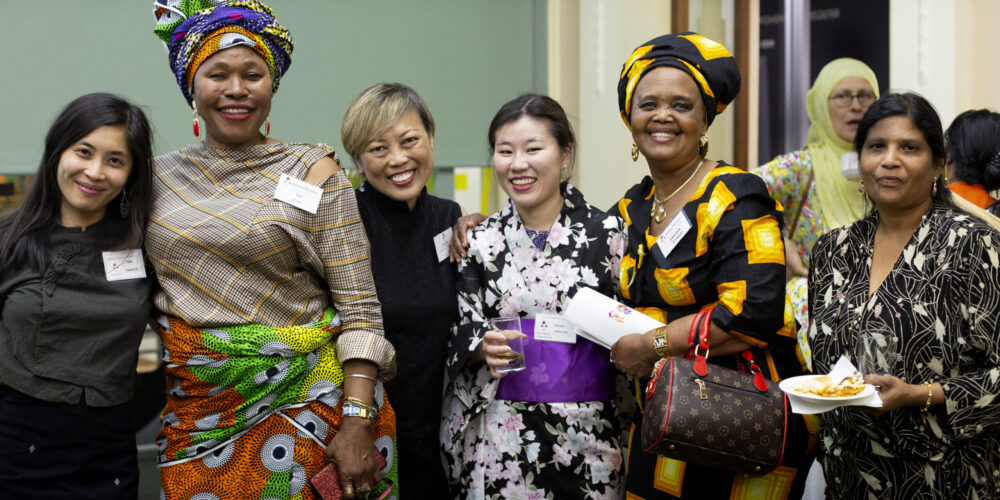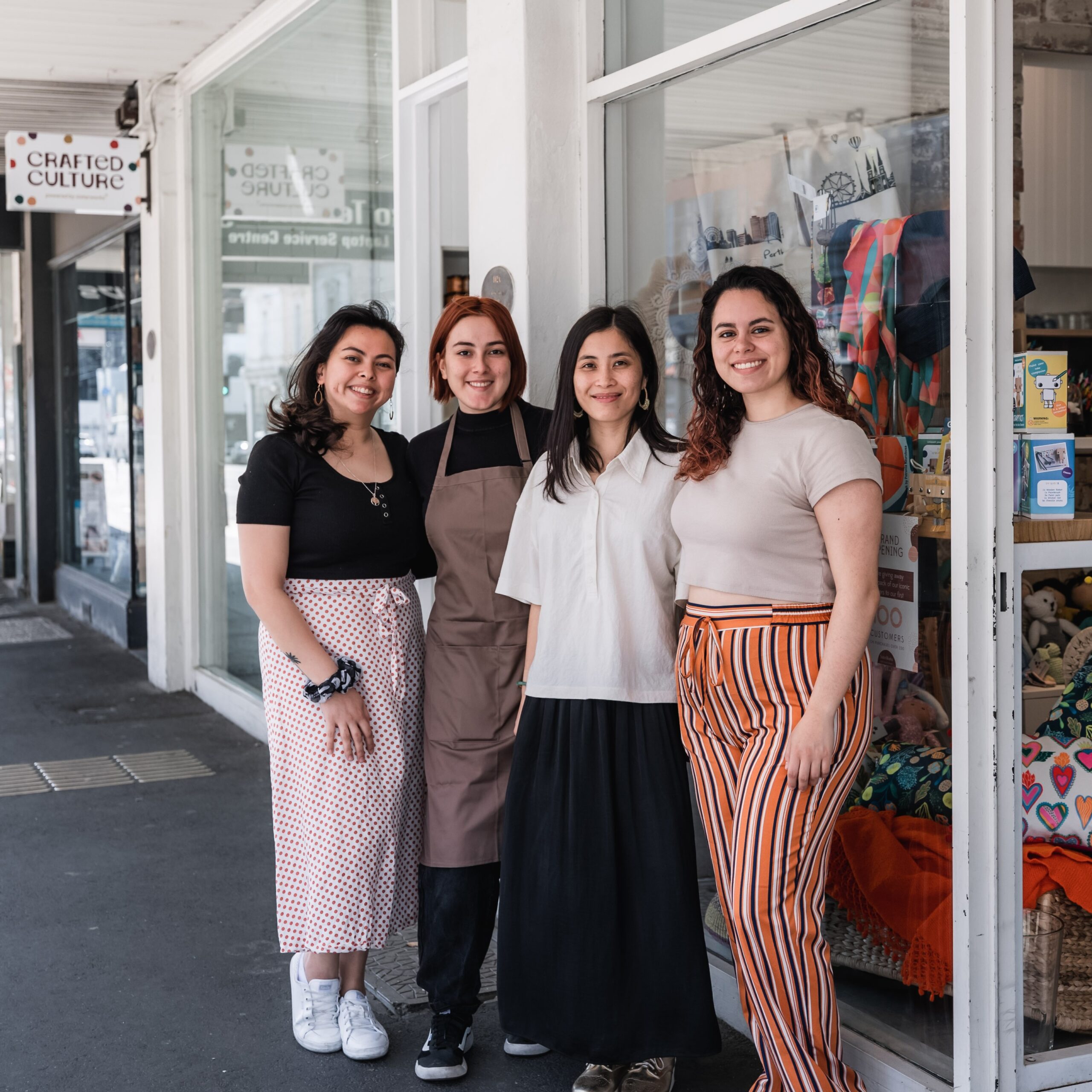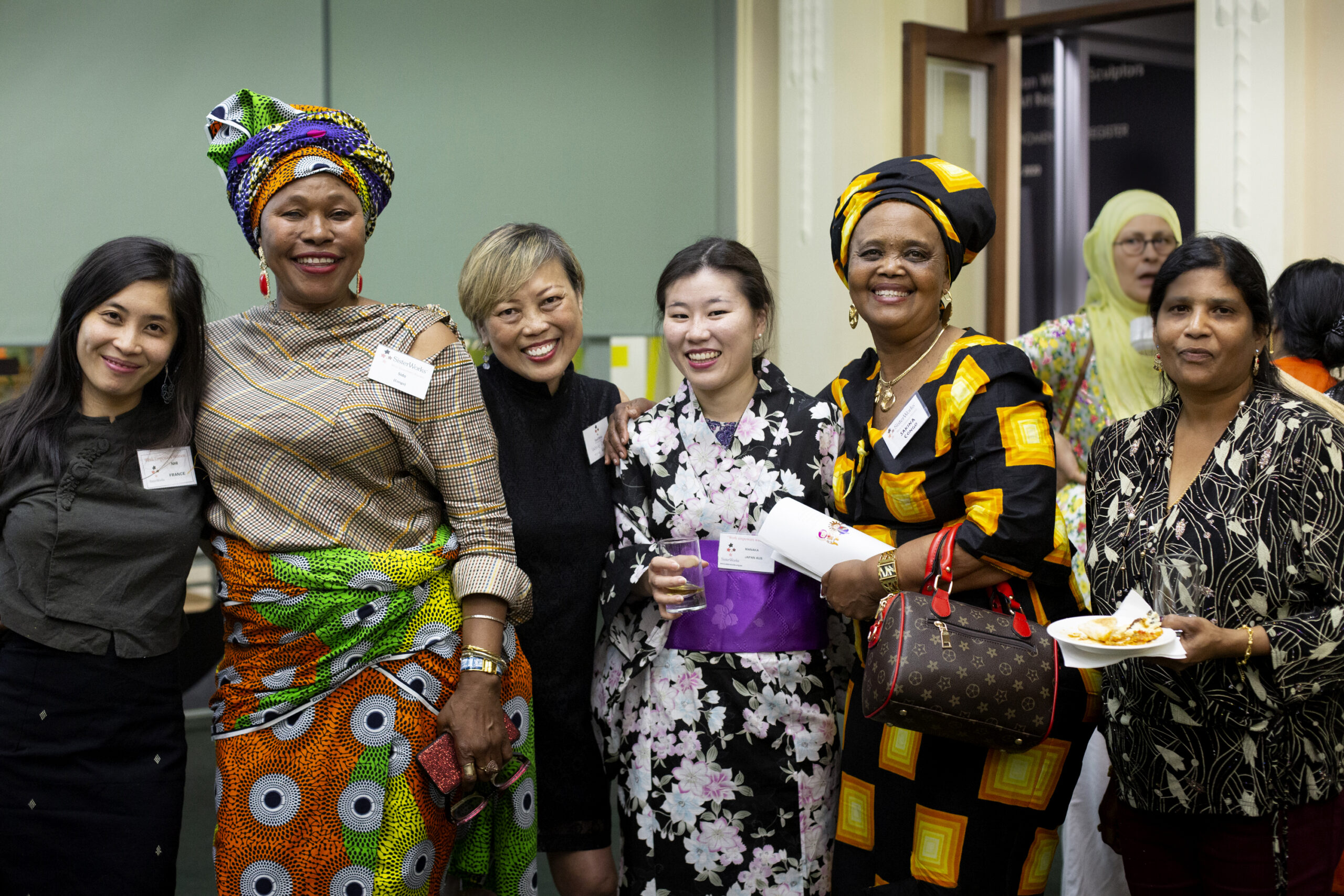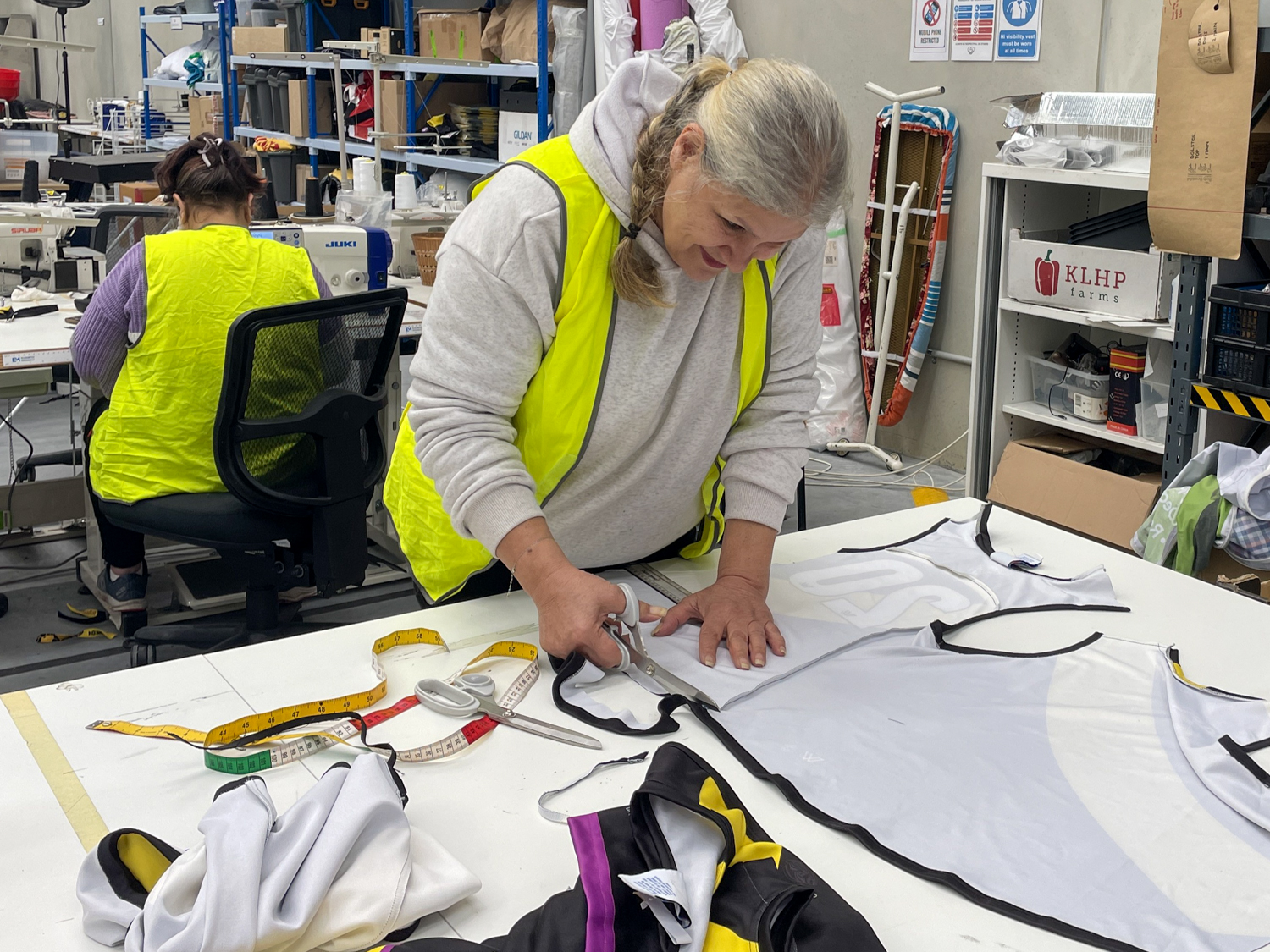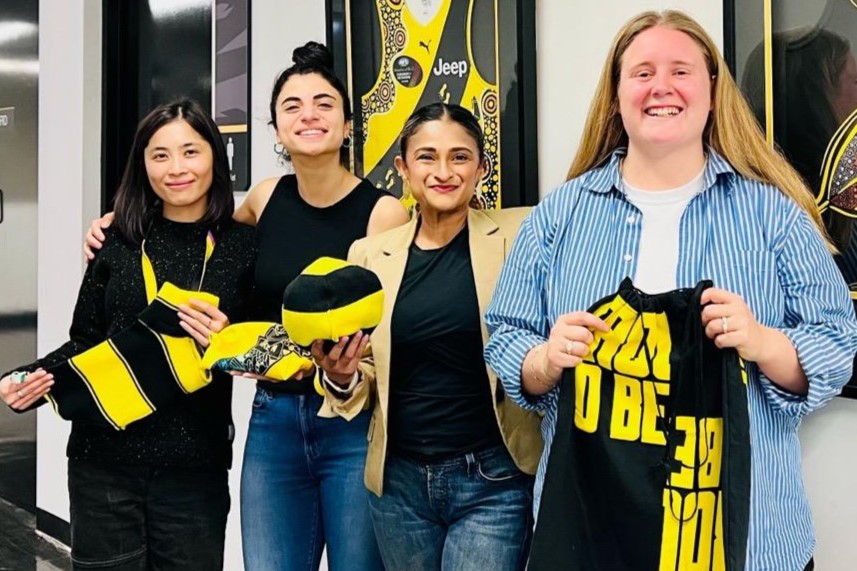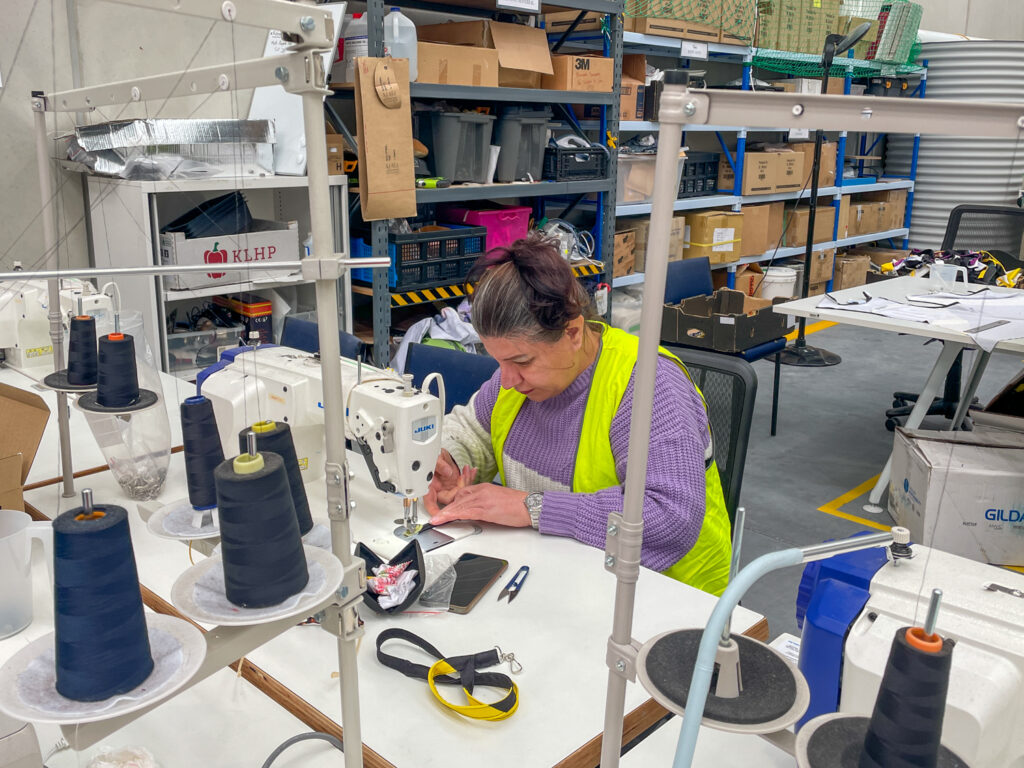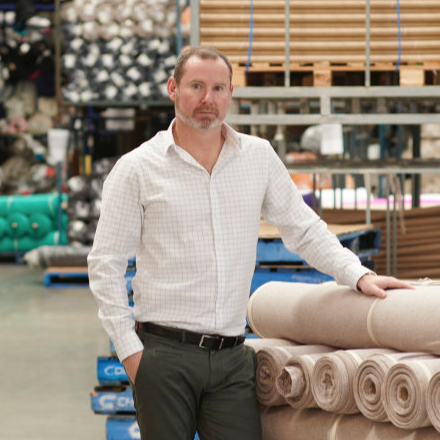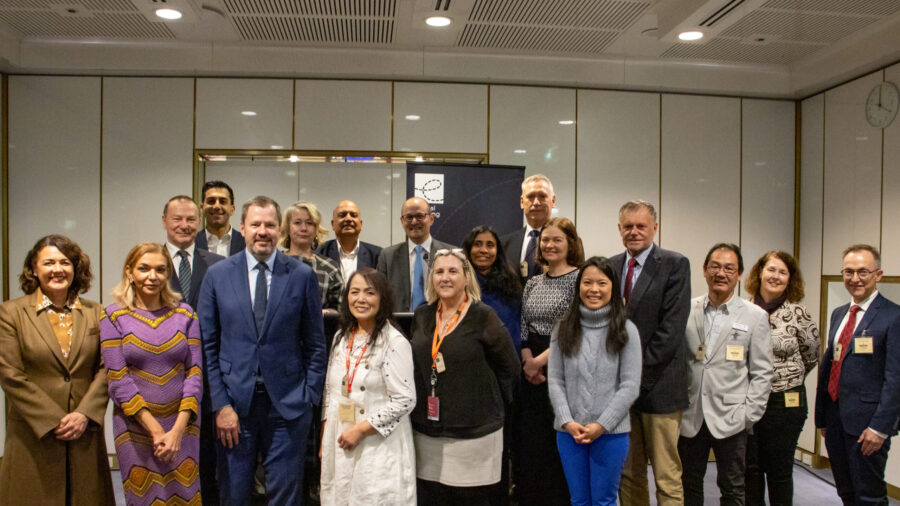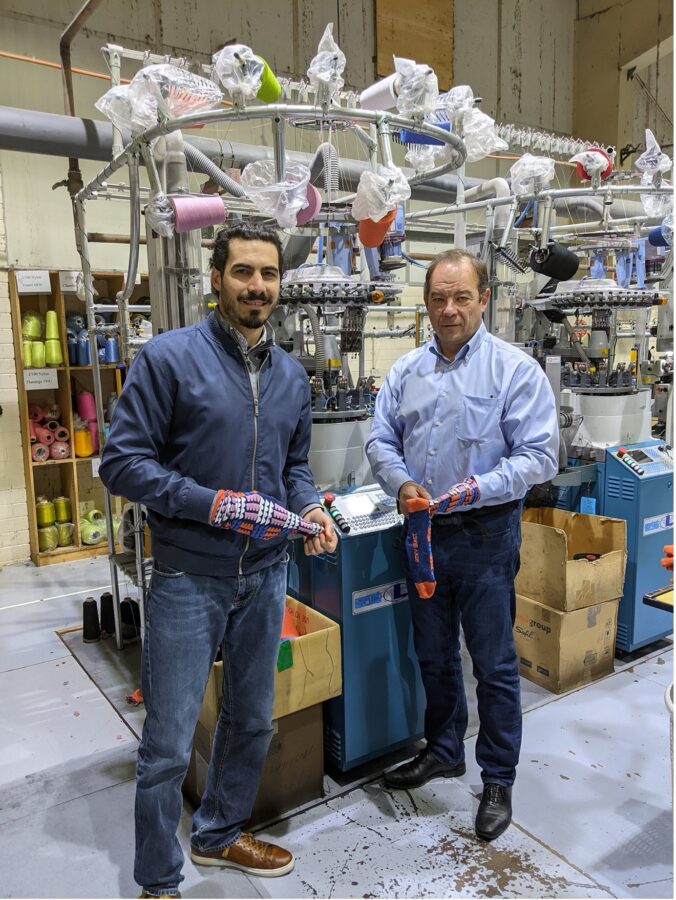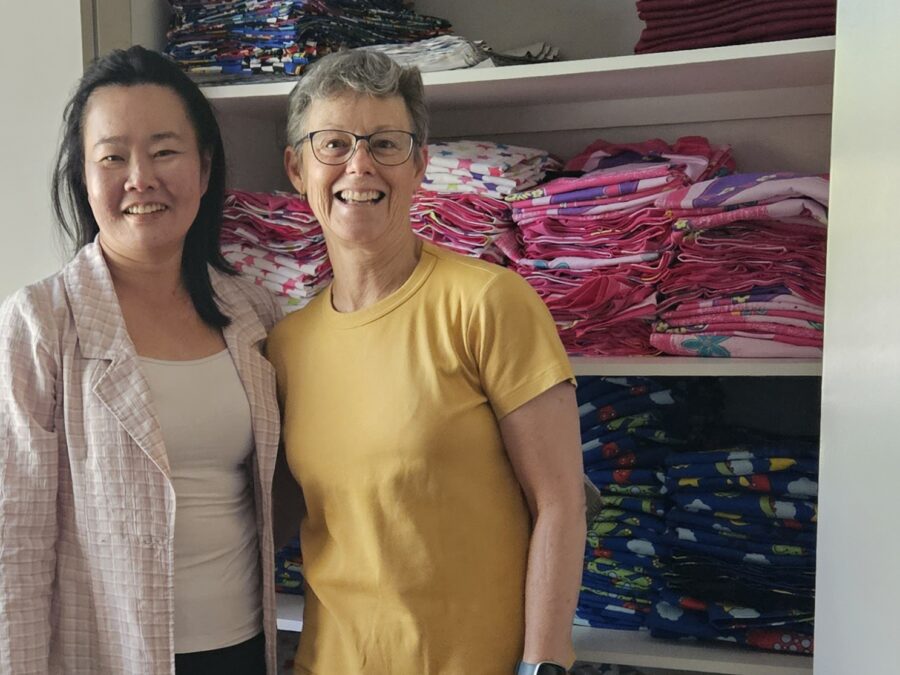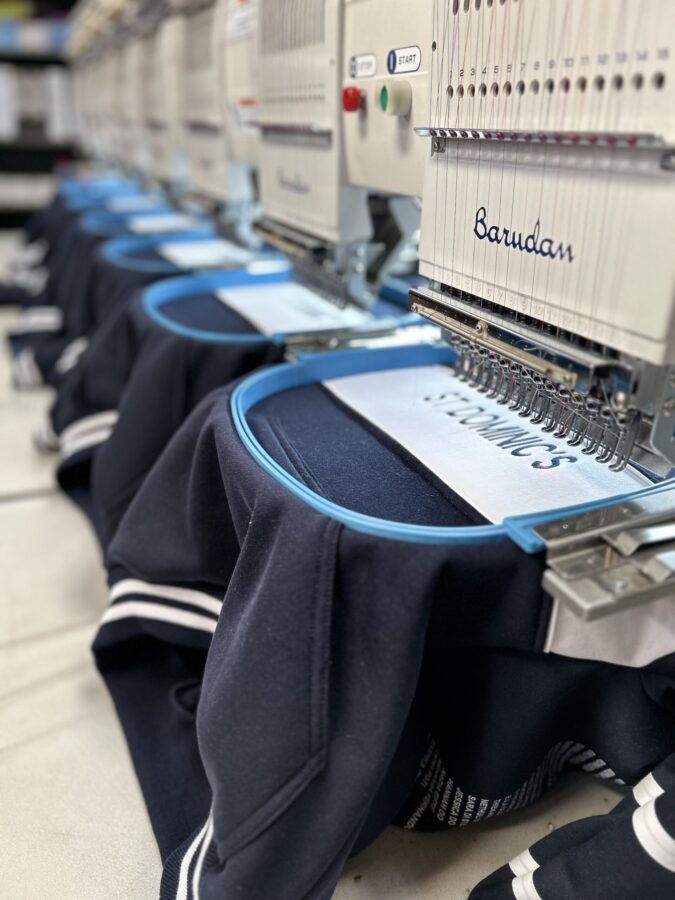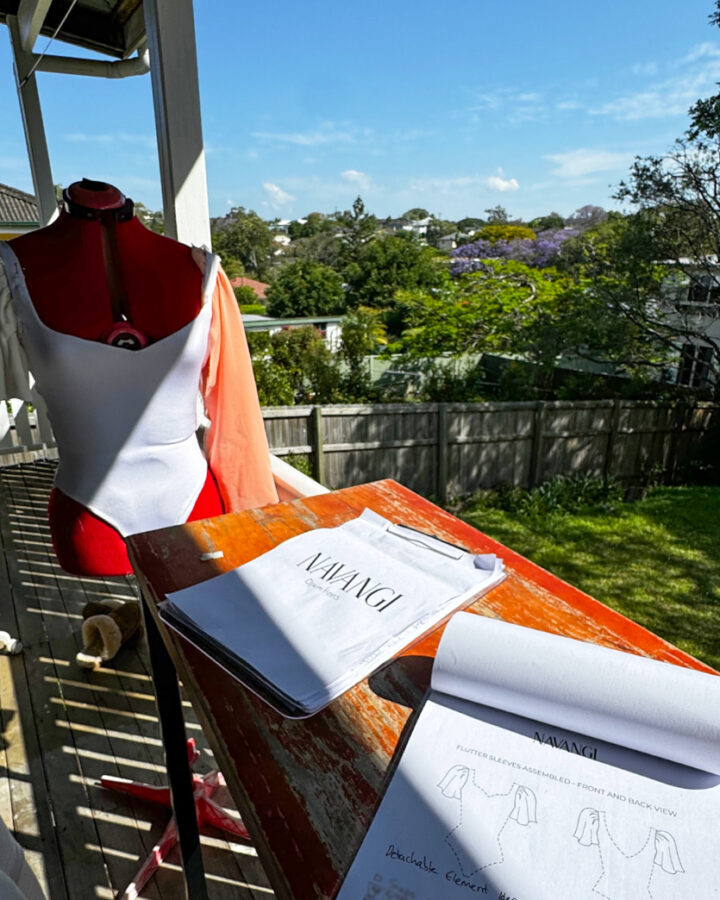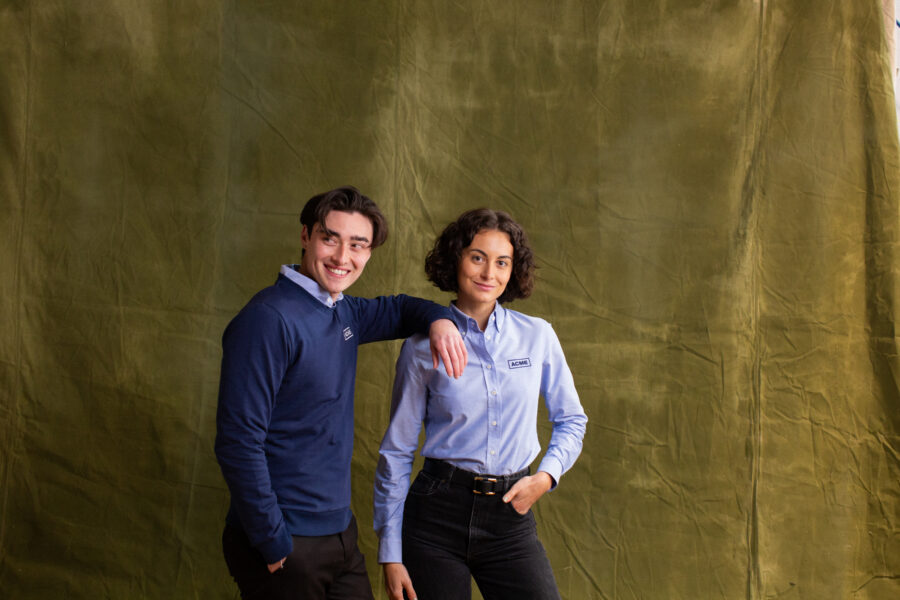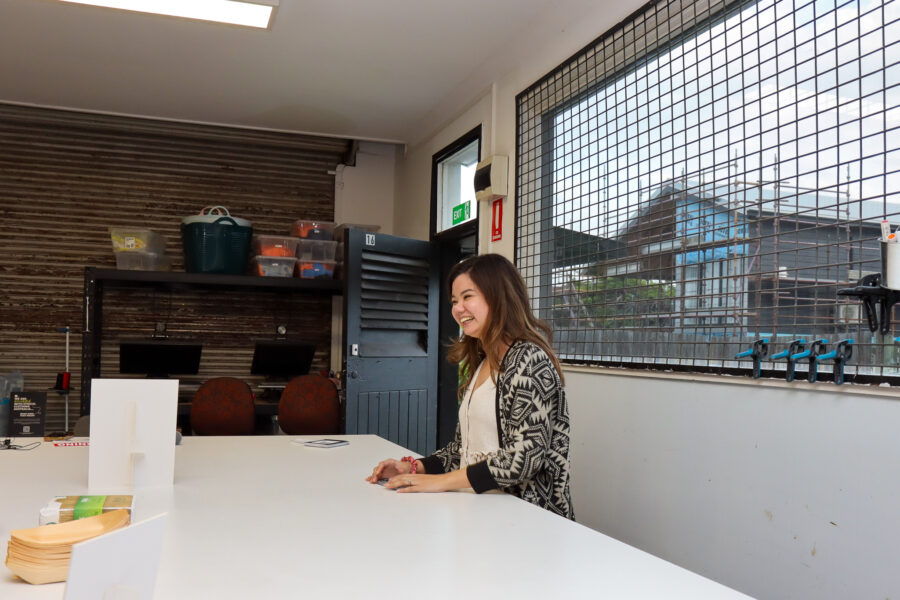SisterWorks is a not-for-profit social enterprise dedicated to empowering women from migrant, refugee, and asylum-seeker backgrounds through employment, entrepreneurship, and social inclusion. Founded on the belief that every woman has the right to economic independence, SisterWorks offers job readiness training, mentorship programs, and a marketplace where women entrepreneurs can showcase and sell their products.
Our social enterprise operates within a circular economy model, focusing on ethical and sustainable manufacturing. We partner with businesses for procurement, corporate gifting, and custom manufacturing, offering locally made products that prioritise environmental responsibility and social impact. Our product range includes textile goods, homewares, corporate merchandise, and food items, all crafted with care by the women we empower.
We collaborate with large and well-known local organisations to create sustainable and socially responsible products that align with circular economy principles. By repurposing materials and minimising waste, we contribute to a responsible supply chain that benefits both businesses and the environment.
At the heart of our enterprise are our Sisters—women who receive paid work opportunities, hands-on training, and mentorship. Our production adheres to ethical standards, ensuring fair wages, safe working conditions, and a commitment to diversity and inclusion. By embracing sustainable practices, we not only create meaningful employment but also drive systemic change in how businesses approach social and environmental responsibility.

